Russia has conducted major air strikes on rebels in Syria.
Russia said its air force did so in support of the Syrian Army and its ally President Bashar al-Assad.
The development came after an Islamist group carried out a major attack on the Syrian city of Aleppo.
But what happened? And what is Russia’s role in the Syrian conflict? And what does Turkey have to do with it?
Let’s take a closer look:
What happened?
First, let’s take a brief look at the civil war in Syria.
The war between the rebels and the Assad regime has been on since 2011.
It has left hundreds of thousands of people dead and millions displaced.
There are two sides to the conflict – the Assad regime and the insurgents.
Assad, the Syrian president, is backed by Iran and Russia.
The rebels on the other hand, are supported by Turkey, Saudi Arabia, the United Arab Emirates and the United States.
Most major fighting ended years ago after Iran and Russia helped the Syrian government win control of most land and all major cities.
However, the rebels in Syria – some of whom are in the country’s northwest and are backed by Turkey – continue to push their cause.
On Saturday, insurgents in an attack led by the Islamist Hayat Tahrir al-Sham group swept into the city of Aleppo in what is the biggest challenge to President Assad in years.
Hayat Tahrir al-Sham, or HTS, previously known as the Nusra Front, is designated a terrorist group by the US, Russia, Turkey and other states.
Aleppo had been firmly held by the government since a 2016 victory there, one of the war’s major turning points, when Russian-backed Syrian forces besieged and laid waste to rebel-held eastern areas of what had been the country’s largest city.
“I am a son of Aleppo, and was displaced from it eight years ago, in 2016. Thank God we just returned. It is an indescribable feeling,” said Ali Jumaa, a rebel fighter, in television footage filmed inside the city.
Acknowledging the rebel advance, the Syrian army command said insurgents had entered much of Aleppo.
After the army said it was preparing a counterattack, airstrikes targeted rebel gatherings and convoys in the city, the pro-Damascus newspaper al-Watan reported.
One strike caused casualties in Aleppo’s Basel square, a resident told Reuters.
The state-run Russian Centre for the Reconciliation of the Enemy Parties in Syria said missile and bomb strikes against the rebels had targeted “militant concentrations, command posts, depots, and artillery positions” in Aleppo and Idlib provinces. It claimed about 300 rebel fighters had been killed.
Images filmed on Saturday showed people posing for photos on a toppled statue of Bassil al-Assad, late brother of the president. Fighters zipped around the city in trucks and milled around in the streets. A man waved a Syrian opposition flag as he stood near Aleppo’s historic citadel.
The Syrian military command said militants had attacked in large numbers and from multiple directions, prompting “our armed forces to carry out a redeployment operation aimed at strengthening the defence lines in order to absorb the attack, preserve the lives of civilians and soldiers.”
The rebels also took control of Aleppo airport, according to a statement by their operations room and a security source.
Two rebel sources also said the insurgents had captured the city of Maraat al Numan in Idlib province, bringing all of that area under their control.
The Kurdish People’s Protection Units (YPG), which spearhead the US-backed Syrian Democratic Forces that control much of northeastern and eastern Syria and have long had a foothold in Aleppo, widened their control in the city as government troops left, a senior YPG source said.
The fighting revives the long-simmering Syrian conflict as the wider region is roiled by wars in Gaza and Lebanon, where a truce between Israel and the Iran-backed Lebanese group Hezbollah took effect on Wednesday.
Why is Russia’s role in the conflict?
Russia has aided its ally Syria since the outset of the war.
As per CNN, its warplanes have boosted the ranks of the Syrian Airforce and it has launched various aerial offensives and airstrikes.
Russian and Syrian airstrikes on rebels in Aleppo and Idlib were critical to winning back territory for the Assad regime.
As per Carnegie Endowment, though Russia committed around 5,000 troops to serving in Syria.
While not a huge contingent, these troops provided support to the Syrian armed forces and aided them with supplies.
Russian Foreign Ministry in 2022 claimed it gave 5,500 tonnes of humanitarian supplies to Syria.
But what does Russia get out of it?
As per Carnegie Endowment, Moscow thinks its presence in Syria plays to its advantage.
It also considers its friendship with Assad an important asset when it comes to dealing with the West.
The piece noted that Russia presently if focussed on trying to keep a lid on the situation.
This way, it allows Russia to keep the focus on its highest priority – Ukraine.
Why does Turkey back rebels?
Ankara provides support to some rebels in Syria’s northwest – where it has positioned some of its troops.
Turkey under its President Recep Tayyip Erdogan has a long history of opposing Syria under Assad.
However, complicating matters is that Turkey considers the YPG a wing of the Kurdistan Workers’ Party (PKK), as per Al Jazeera.
The PKK is persona non grata in Turkey.
The state has banned the group, which it considers a major security threat, and designated a terror organisation.
Turkey and Russia, who are on opposite sides of the war, had reached a de-escalation agreement in 2020.
Turkey, which has the second largest army in the transatlantic NATO alliance, had funnelled troops and equipment into the region to resist the Syrian government advance and prevent a wave of refugees over its southern border.
Turkey is home to millions of Syrian refugees – and says it cannot handle more.
But there were indications earlier this year that Turkey may be looking to engage with Assad.
Indeed, Erdogan had spoken of keeping an open mind earlier this year.
“Our invitation may be extended at any time,” Erdogan said as per Al Jazeera. “[I]f Bashar al-Assad takes a step towards improving relations with Turkey, we will also show that approach towards him.”
“Ankara is not satisfied with the security situation in Syria and feels that the United States is not providing a solution nor willing to abandon the YPG,” said Ömer Özkizilcik, a non-resident fellow at the Atlantic Council, told Al Jazeera.
“So they are looking at the Russian alternative [of re-engaging Assad].”
Russian Foreign Minister Sergei Lavrov held a phone call with his Turkish counterpart, Hakan Fidan, discussing the situation in Syria, Russia’s Foreign Ministry said on Saturday.
“Both sides expressed serious concerns at the dangerous development of the situation,” the ministry said. They agreed it was necessary to coordinate joint actions to stabilise the situation in the country.
Turkish security officials had said on Thursday that Ankara had prevented operations which opposition groups wanted to organise, in order to avoid further tensions in the region.
Iranian Foreign Minister Abbas Araqchi told Lavrov in a phone call that the rebel attacks were part of an Israeli-US plan to destabilise the region, Iranian state media said.
With inputs from agencies


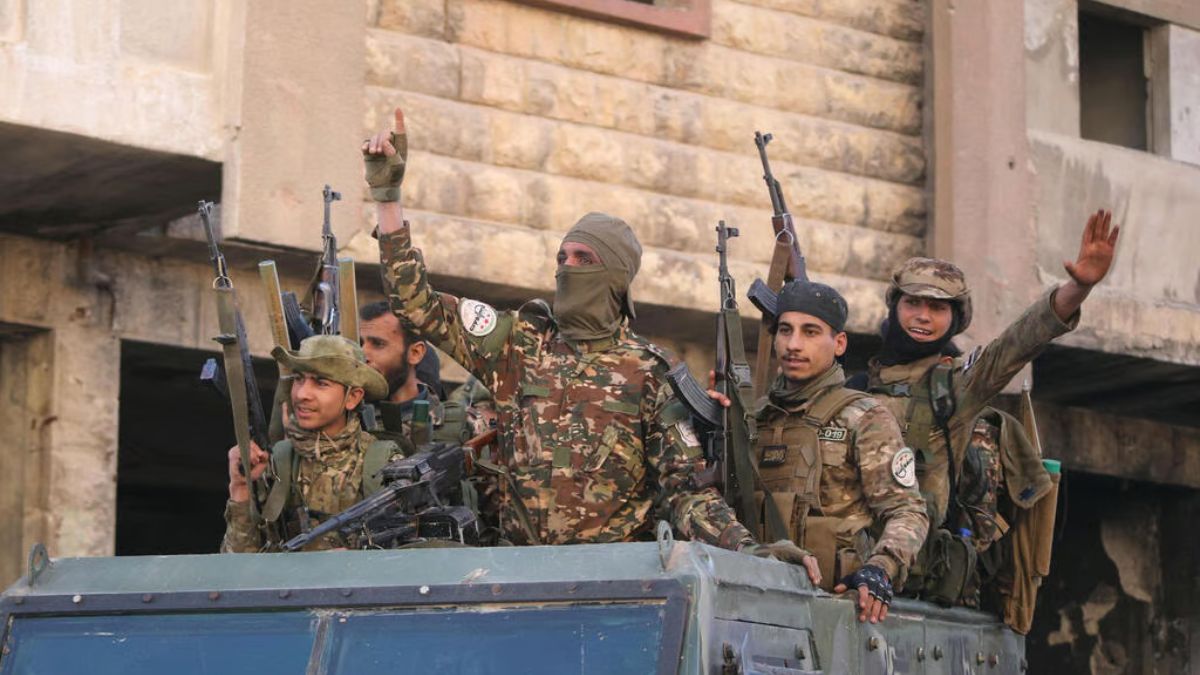)
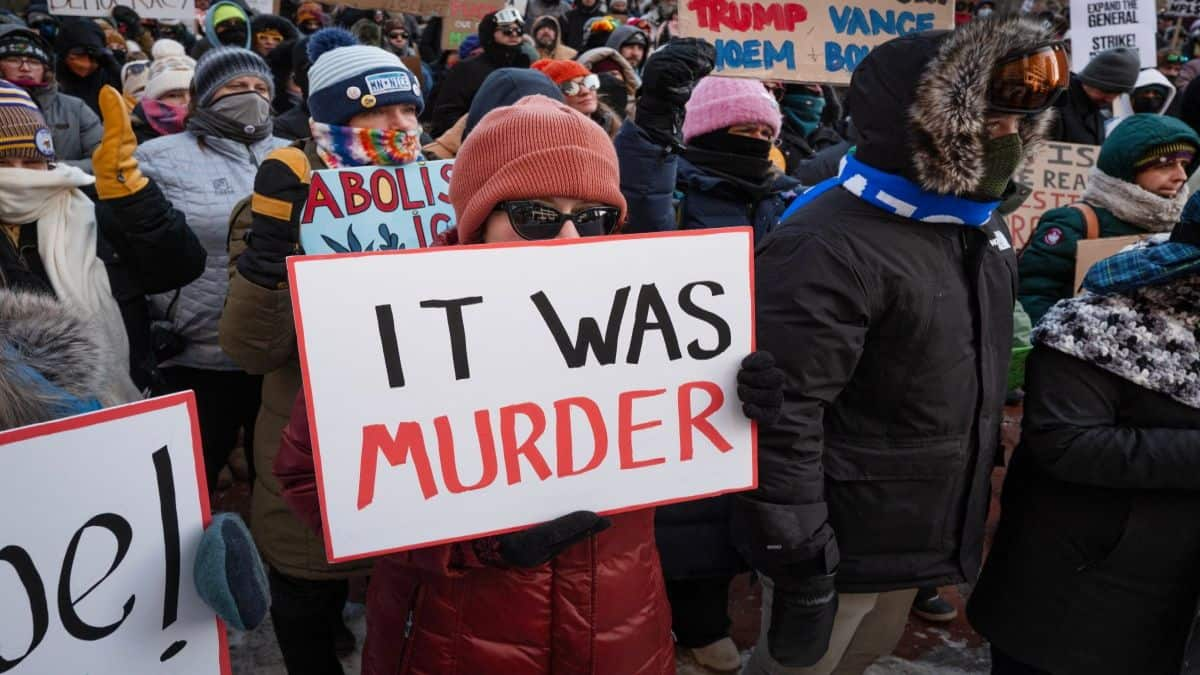
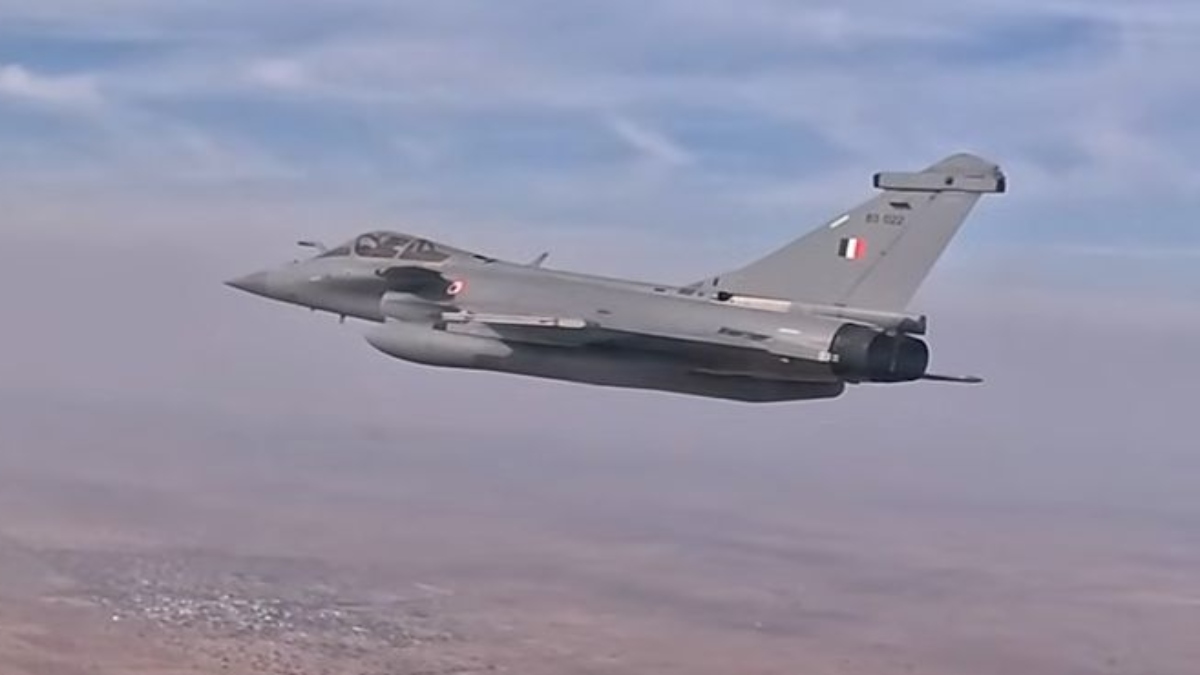)
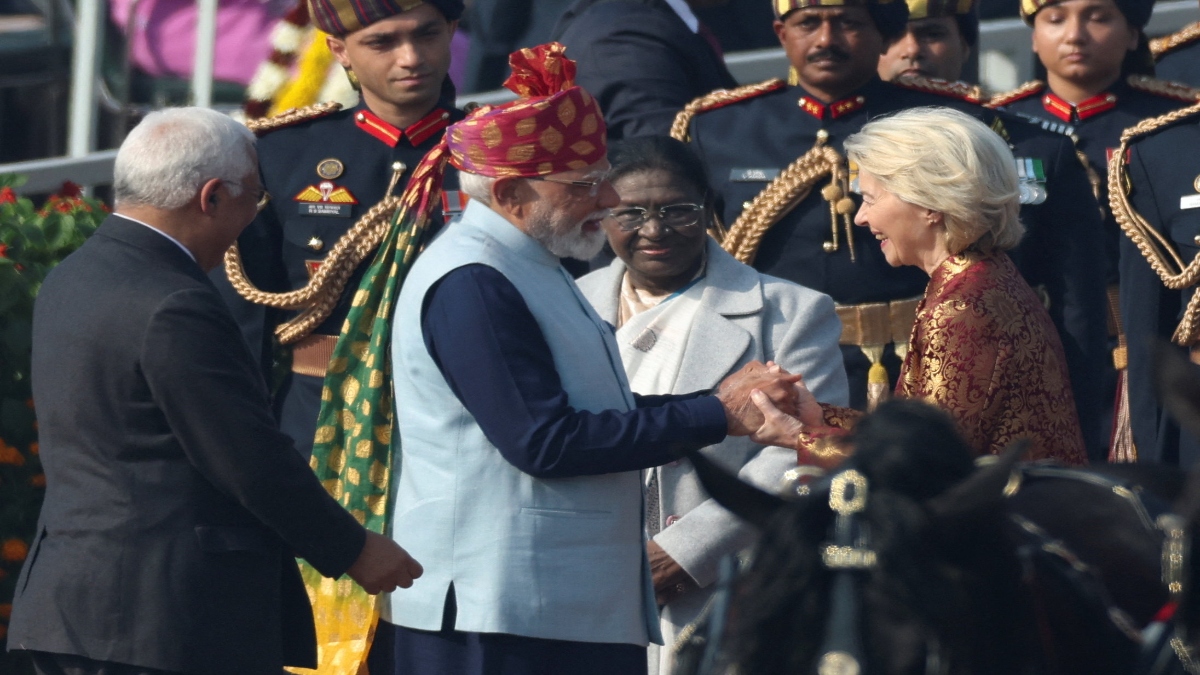)
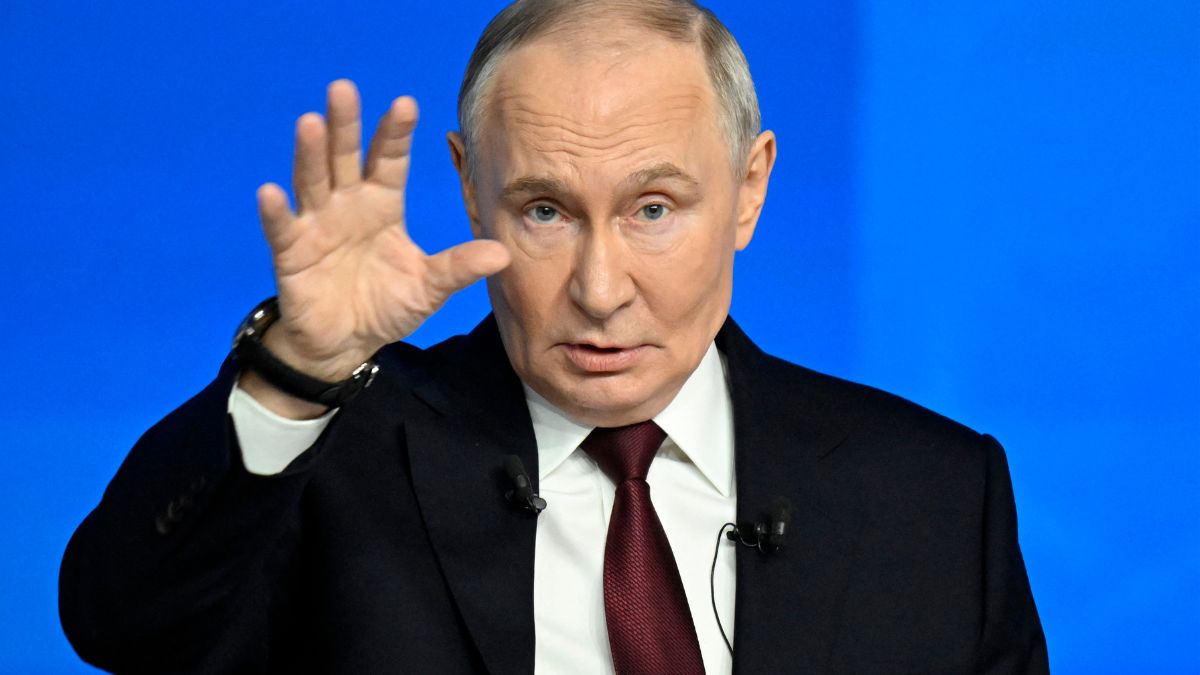)
)
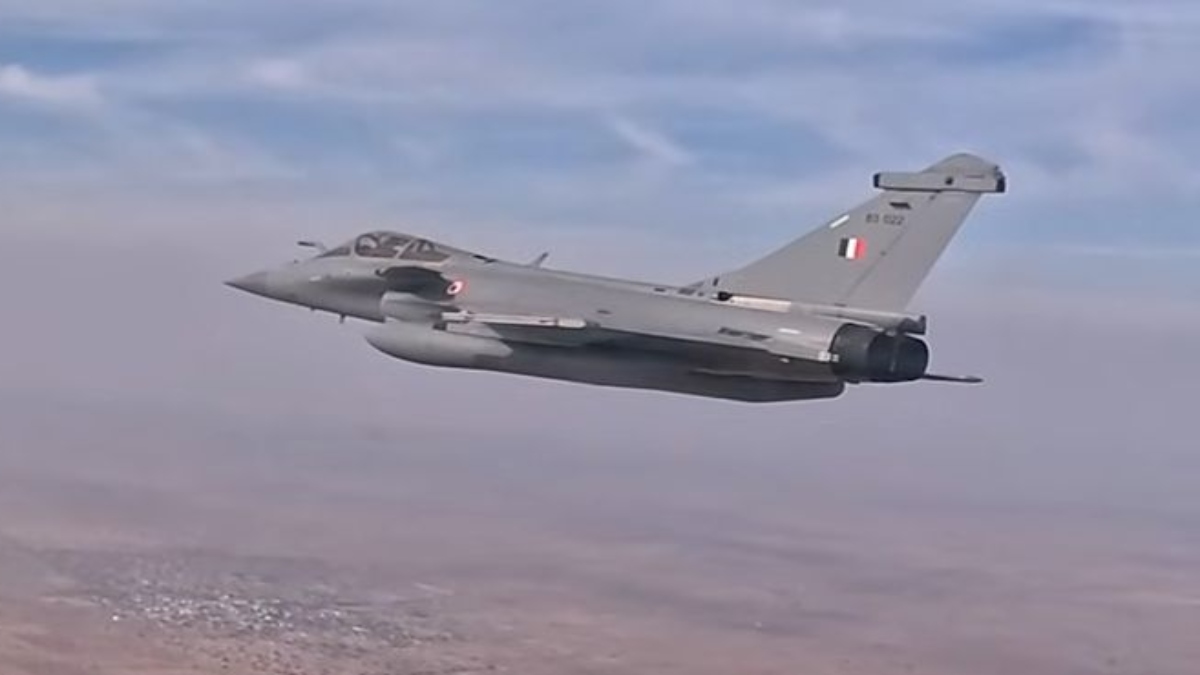)
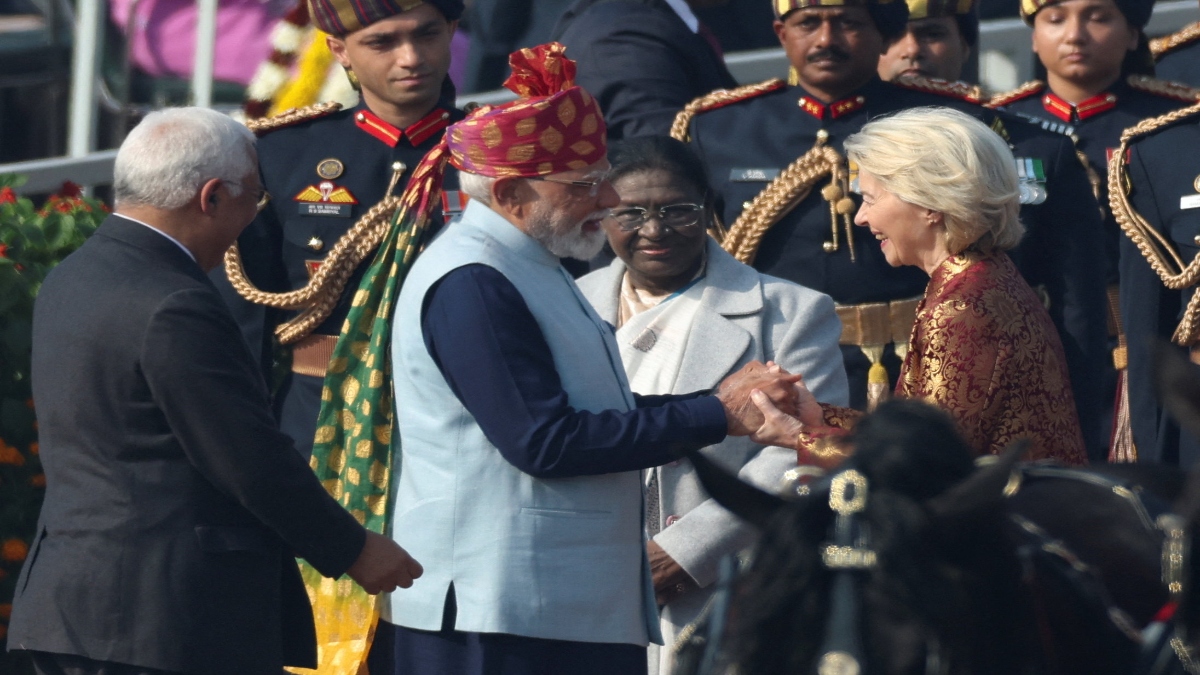)
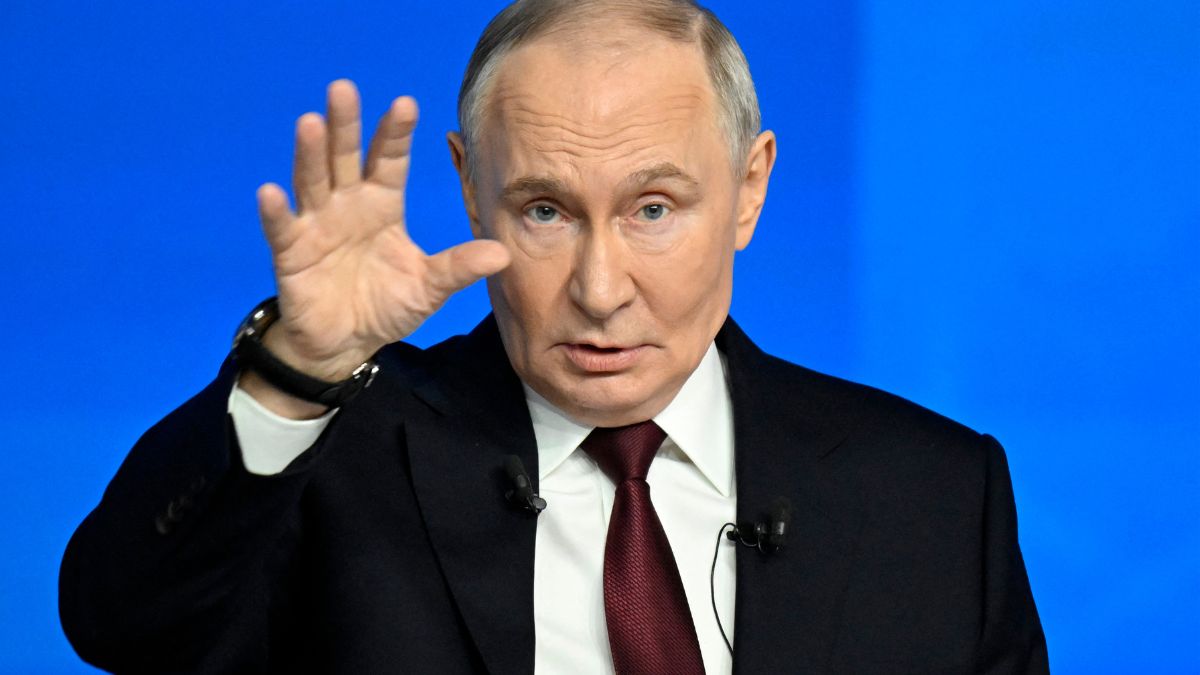)
)



